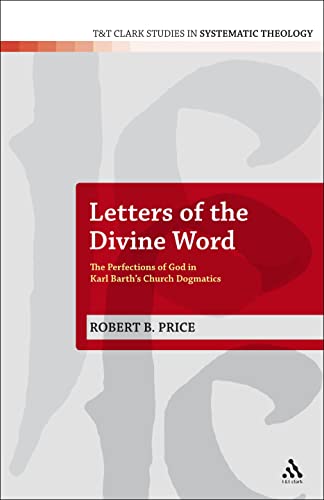Confession: I am a horrible sinner. I am too often, too easily, distracted from one of the central aims of true faith: to be “determined to live in the presence of God” (p. 57). And that is why this booklet is good medicine for the sin-sick soul. (It is part of the series “Today’s Issues,” commissioned by the Alliance of Confessing Evangelicals.) You can read it in one sitting, but you will meditate on it for days. Sinclair Ferguson is worried that evangelical Christians have forgotten that God calls us to a life of sincere, daily repentance. He makes his case in six chapters, written with a sermonic touch and laden with biblical insights and lessons from church history. The book begins with Martin Luther’s rediscovery that true repentance characterizes the whole life (ch. 1). Chapter 2 looks at the Bible’s take on repentance; then chapter 3 zooms in on David and Ps 51 as a case study. Chapter 4 on “A Medieval Threat” is the longest and most biting: Ferguson describes much of evangelicalism as “medievalism revived,” a neo-medievalism. He gives examples of how modern evangelicalism mimics the medieval church. And in one particularly indicting sentence, he writes, “The ‘mega-church’ is not a modern but a medieval phenomenon” (p. 50). But ultimately Ferguson is not merely about diagnosing the ills of evangelicalism, for chapters 5–6 show us the way back and what we must now do. These timely meditations on repentance are warmly recommended to all Christians who yearn to love God more faithfully.
Hans Madueme
Hans Madueme is associate professor of theological studies at Covenant College in Lookout Mountain, Georgia.
Other Articles in this Issue
The gist of this new book by Peter Enns is that evangelicals should revise their expectations of Genesis and Paul—with reference to Adam and the fall—in order to relieve perceived tensions between Christianity and evolution...
In June 2011, the Presbyterian Church in America (PCA) passed an overture entitled, “A Call to Faithful Witness...
I was very grateful to David for sending me a copy of his essay before publication...
Is it stating the obvious to say that a children’s bible is not a Bible? Perhaps...
Sacramental Supersessionism Revisited: A Response to Martin Salter on the Relationship between Circumcision and Baptism
by David GibsonMartin Salter has recently argued that Reformed paedobaptists are mistaken in citing Col 2:11–12 ‘as evidence that baptism replaces circumcision as the covenant sign signifying the same realities...







